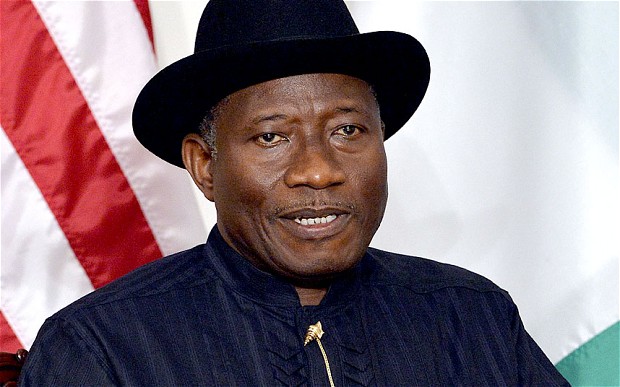Nearly one week after the house of representatives voted to bypass presidential assent on bills, the senate has also endorsed the amendment of the constitution without the assent of the president.
Prior to the development, Section 9 of the 1999 constitution mandated the legislative chamber to get the approval of the president before executing such exercise.
However, in what could be seen as a reduction of the power of the executive, the upper chamber of the national assembly also voted to mandate the president to deliver a state-of-the-nation address to a joint meeting of the national assembly once a year.
Under the state of the nation bill 2013, which was sponsored by Dahiru Kuta of Niger east senatorial district, the president is expected to give account of his stewardship to the legislators on the first legislative day of July every year.
Advertisement
Addressing the nation had always been at the discretion of the president, even during critical situations.
The senate also passed the harmonised version of amended constitution that was approved by the house of representatives but retained the immunity clause for the president and governors, which was removed by the lower chamber.
It amended Sections 65 and 106 of the 1999 constitution to enable independent candidates contest future elections in the country.
Advertisement
The national assembly also amended Section 7 to grant financial and administrative autonomy to the 774 local governments areas of the country.
In all, both chambers ratified 23 clauses and sections that had been amended.
Ike Ekweremandu, deputy senate president and chairman, conference committee on the review of the constitution, said the document was a reflection of amendments effected by the joint committee from both the house of representatives and the senate.
The amended document will be sent to the 36 states houses of assembly for ratification.
Advertisement
Add a comment







